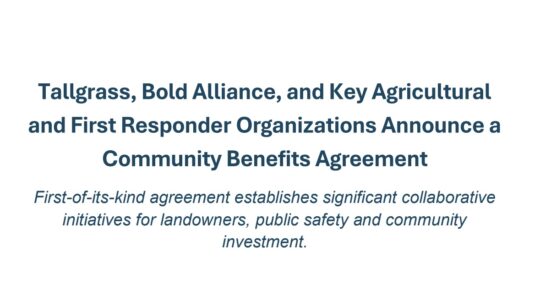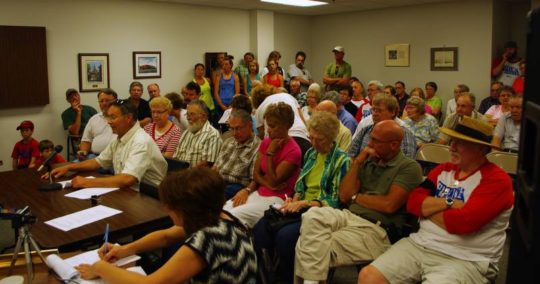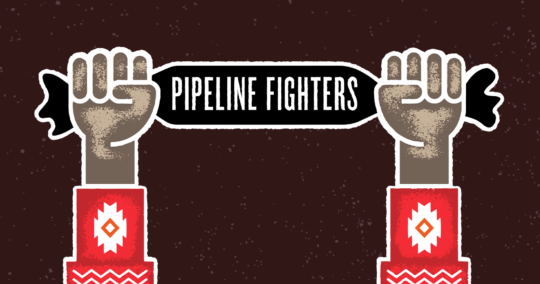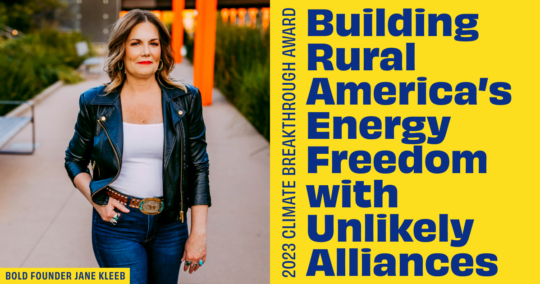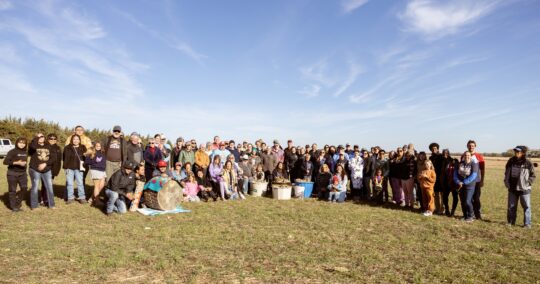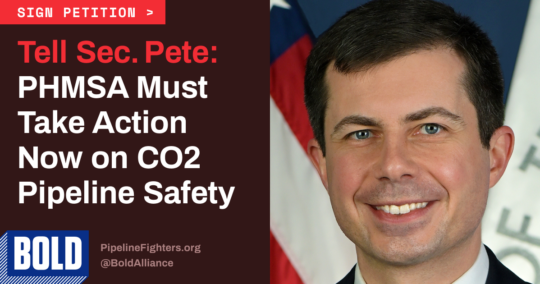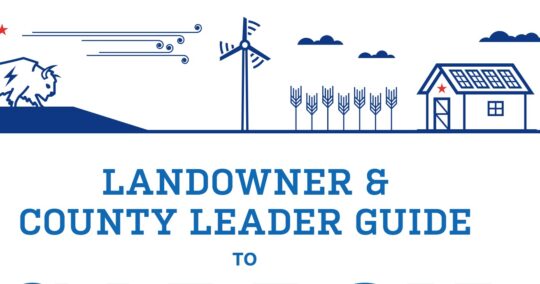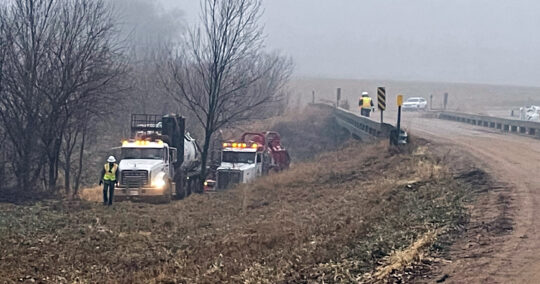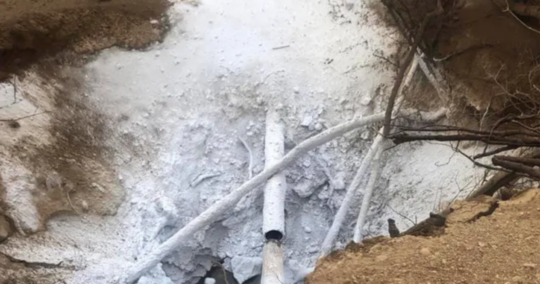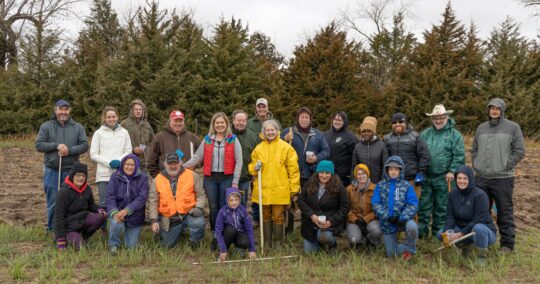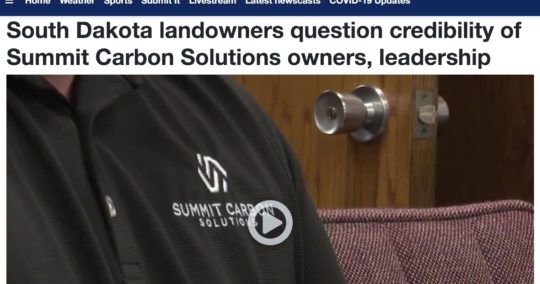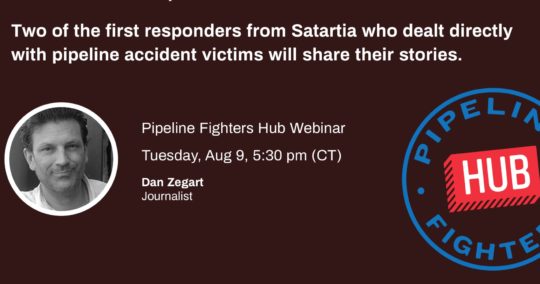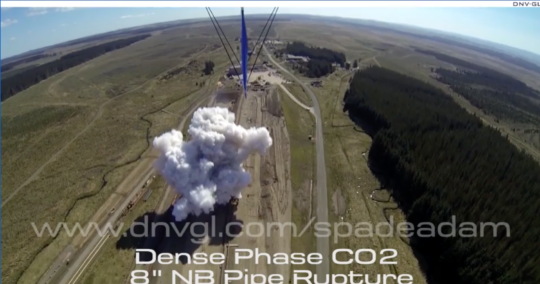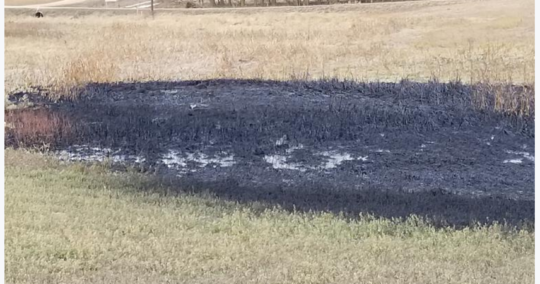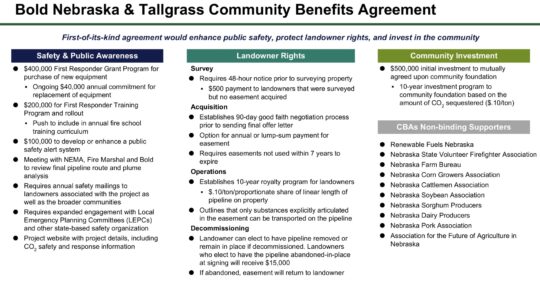In June 2000, Ken Haar headed into the Colorado wilderness for a three-week backpacking trip. In all he hiked about 100 miles from Copper Mountain to where the Colorado Trail crosses US Highway 50—just 5 miles per day. But Ken says he’s glad that he could keep a leisurely pace, taking the time—indeed, having the time—to admire the microcosm of an anthill or take in the “the sheer beauty of the Collegiate Peaks.” Each night after cooking dinner and washing the dishes, Ken would secure his food from bears by hanging it in a tree—and even invented BearHooks, a device designed to simplify the process.


Photo by: Mary Anne Andrei. Ken’s ongoing commitment to green energy doesn’t stop with policy making. He and his wife, Chris, live in Malcolm, Nebraska, in a beautiful light-filled green energy home they built themselves with the help of family and friends.
“My time out there was a unique experience,” Ken says now, “but I’m 69, so my question is: ‘How old can you be and still backpack?’” He answers himself by quoting Finis Mitchell’s Wind River Trails: “You don’t quit hiking because you get old; you get old because you quit hiking.” Ken estimates that in his lifetime he has hiked thousands of miles in Colorado, Utah, Arizona, Wyoming, and Nebraska, but he especially admires the unique beauty of the Pine Ridge with its buttes and rugged bluffs rising up from the White River Plain and loves hiking around Fort Robinson, which he boasts is as high as Denver.
Not surprisingly, the environment and education are two issues Ken is most passionate about. Following family tradition—his mother, brothers, and sisters were all teachers—Ken started out as a math and science teacher. “Service is a family value,” he says. But he wanted to serve the community beyond the classroom. In the 1980s, he became involved in the Lancaster County Democratic Party, and from 1989 to 1997 he served on the Lincoln City Council. Four years ago, he ran for the Nebraska Legislature and won by only twenty votes—not exactly a mandate. But that didn’t stop Ken from becoming the leading legislator for progressive politics in the state. “I always believed I could make a difference; I can and I have made a difference in Nebraska and its communities.”
“Because of my interests,” he says, “I got onto the Natural Resources Committee, and that’s where I’ve done a lot of my creative work.” As a member of the committee, Ken led the charge against TransCanada’s routing of the Keystone XL pipeline through the Sandhills. For those who doubt the importance of state politics, he points to a moment of questioning a TransCanada spokesperson during the regular 2011 session: “I asked the guy, ‘What’s going to happen to the pipeline when it’s no longer needed?’ I think it was a slip of the tongue, but he said, ‘We could always transport water.’” Ken recalls his visceral response, “I thought, ‘Over my dead body are they going to take water out of Nebraska and transport it to Texas.’ Because I think water is our greatest resource.”
In early August 2011, Ken was the first legislator to call for a special session to enact siting legislation to reroute the pipeline around the delicate Sandhills ecosystem and the Ogallala Aquifer. Ken’s tireless work culminated in a bill to reroute the XL pipeline. When I ask Ken how he felt when he scored that victory, he says, “I’ll tell you what I told the World-Herald: I think it’s a f***ing miracle.” (The World-Herald edited his comment to “Christmas miracle.”)
Ken’s strong feelings come, in part, from his concern at our slow pace addressing the effects of climate change. “Climate change is happening,” he says. While you find a lot of debate in Nebraska whether or not it’s human caused, Ken points to the signs all around us: “Nebraska has been changed to a warmer horticultural zone”—from zone 4 to zone 5. “We’re finding armadillos in Nebraska, and some cranes have started to overwinter.” He hopes that “we’re not going to wait until everything is a crisis.”
To this end, Ken introduced a bill that created a program called Wind for Teachers, which allows for wind and solar leases on school lands in Nebraska that will generate revenue for teacher performance pay. In 2010, Ken sponsored the Green Schools Summit at the University of Nebraska and introduced legislation to provide additional funds for schools to lower their energy costs and implement green projects—a bill vetoed by Governor Heinemann. Ken did secure passage of a bill that created a statewide net metering standard for Nebraska, which will make it easier for individuals to install and operate wind and solar energy systems. He also has been working with environmental organizations to pressure Nebraska Public Power to embrace renewable energy and significantly reduce its reliance on carbon-emitting coal.
“I enjoy policy making,” Ken says, “but most of all I want to leave a legacy for my grandchildren. I want them to have clean air, clean water, and lots of opportunities.”
Learn More and Volunteer:
To learn more about Ken Haar or to volunteer for his campaign to continue serving as a State Senator in the Unicam, a position that will influence where Nebraska is heading on energy and other critical issues, visit Ken’s website at www.kenhaar.com. You can also find Ken on Facebook.
About the Unicam:
To find out if you are in District 21, or need to know who your State Senator is, visit www.nebraskalegislature.gov. District 21 covers parts of the counties of Lancaster and Saunders.
Folks call the Unicam different names–State Legislature, Unicameral and State Senate. In Nebraska, we are unique and have one legislative body and it is non-partisan. We are the only state in the country to have our legislative branch of government under one “house” that does not organize by party. When a person is elected to serve in the Unicam, they are called a State Senator or State Legislator.
Editor’s Notes:
Ken’s profile is part of a series to highlight candidates who embody “new energy.” Candidates who bring new energy, new faces or who are running on a platform of homegrown, sustainable energy deserve more focus and attention. These profiles will also be featured on the New Energy Voter website which will give Nebraskans a “voter guide” you can email to your friends. The New Energy Voter site helps you register online using the Rock the Vote tool and has a voter guide on candidates up and down the ballot. If you are on Twitter, make sure to use these tags #nevoter #nebpol and of course follow @boldnebraska.

